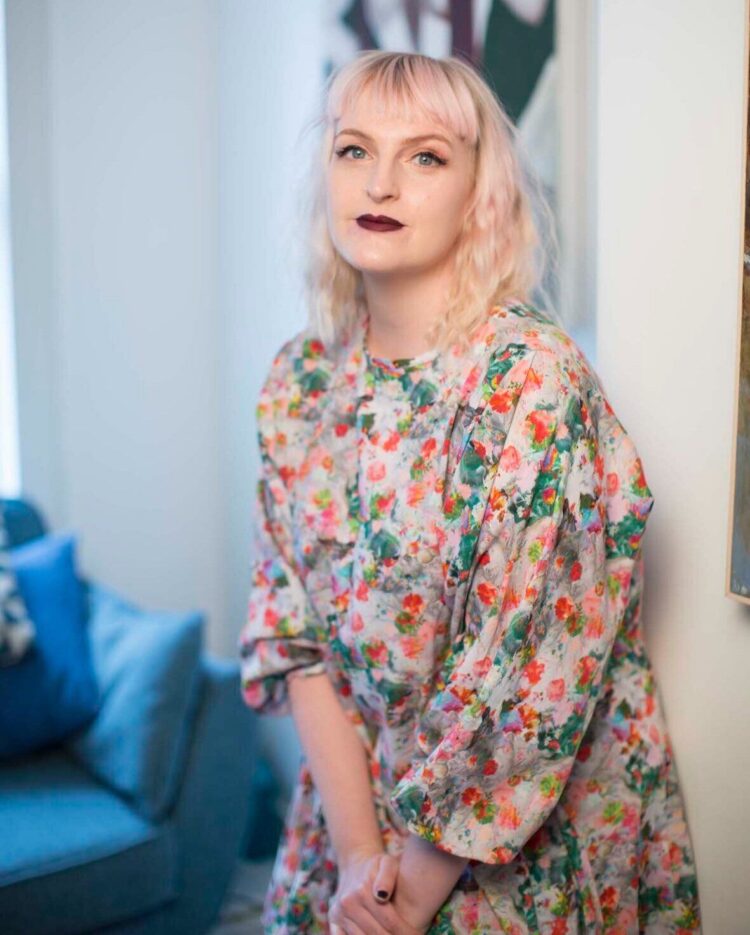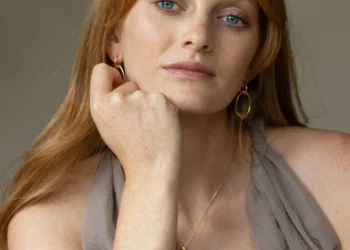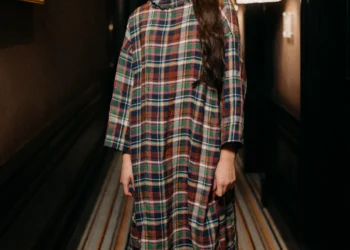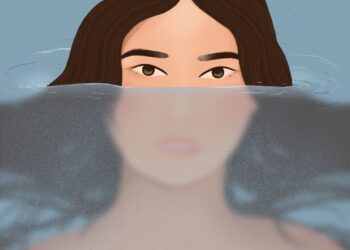Sophie White’s critically acclaimed book Where I End won the Shirley Jackson Award – an accolade previously won by Stephen King
In reviews, this book has been described as ‘dark’, ‘disturbing’, ‘horrible’, ‘grim’ etc yet every one of them is loud in its praise and encourages everyone to read the book. Can you explain this reaction and how it makes you feel?
“It’s hard to ever really know what reaction a novel will elicit. Obviously, during the writing I am always thinking about what I want to convey with the book so these descriptors are great for me because I absolutely set out to create something disturbing but you’re not always certain that this will land. And I definitely find it harder to upset or scare people than I find it making them laugh, so it was a challenge. Plus with horror there is the danger of going overboard, as my friend, the author Dave Rudden says, good horror is excellent and bad horror is just funny which would not have been the aim here! Also I think with all horror novels and films, the ending can be a real struggle. It can be hard to deliver a good payoff that isn’t shlocky or a let-down. A lot of readers have told me they loved the ending of Where I End, which is just amazing.”
While not a complete departure, is it fair to say that this book is quite different from your other novels? What compelled you to move away from more popular fiction into the literary horror genre?
“Yes, it’s definitely a hugely different novel to the other four I’ve written. I think it shares a lot of DNA with Corpsing: My Body and Other Horror Shows, my 2021 collection of essays, and of course I write that with the guidance and collaboration of the same incredible editors as Where I End – Lisa Coen and Sarah Davis-Goff of Tramp Press. In a way though it never felt like a departure as during the time that I was planning and writing Where I End, I was also writing my most recent novel, My Hot Friend so I never felt like I was leaving commercial fiction behind as I absolutely adore the genre.
“I have always loved horror but was definitely more intimidated by tackling that genre than commercial fiction where I think I have a really good feeling for what works and I am really in my element. I think a big attraction of doing a horror novel was in the kind of lawlessness of horror. With commercial fiction there is an unwritten contract with the reader that even if you make them cry, things will be mostly resolved in the end. With horror all bets are off. And in terms of using a more literary style with Where I End, I read as much literary fiction as I do, commercial fiction and horror and I just really wanted to counter the very full on body horror with a less exuberant prose style. Plus I find that all the things I write kind of come with their own voice. Like the commercial fiction has a different voice, my newspaper column voice is very different again – they’re all me but they’re all different registers.”
Do you find it difficult to detach yourself from very dark characters or plots when you have to go back to the commitments of day-to-day life?
“Not at all! I don’t know what that says about me, lol. I just don’t feel very affected by it. I think when you play a part in constructing these awful worlds, the illusion is so totally not there, you know how the sausage is made. I get much more affected by my work if I feel it’s not going well – that I bring into my every day as much as I try not to. If I think I’m not getting across what I want in the fullest way possible, I will detach and go back to every day stuff but I’ll be harbouring a little unease. Where as, when the work’s going well and I’m enjoying the flow, I can detach no problem. I’ll have just written a horrific scene of torture and swan off just like: ‘What’s for lunch?!’”
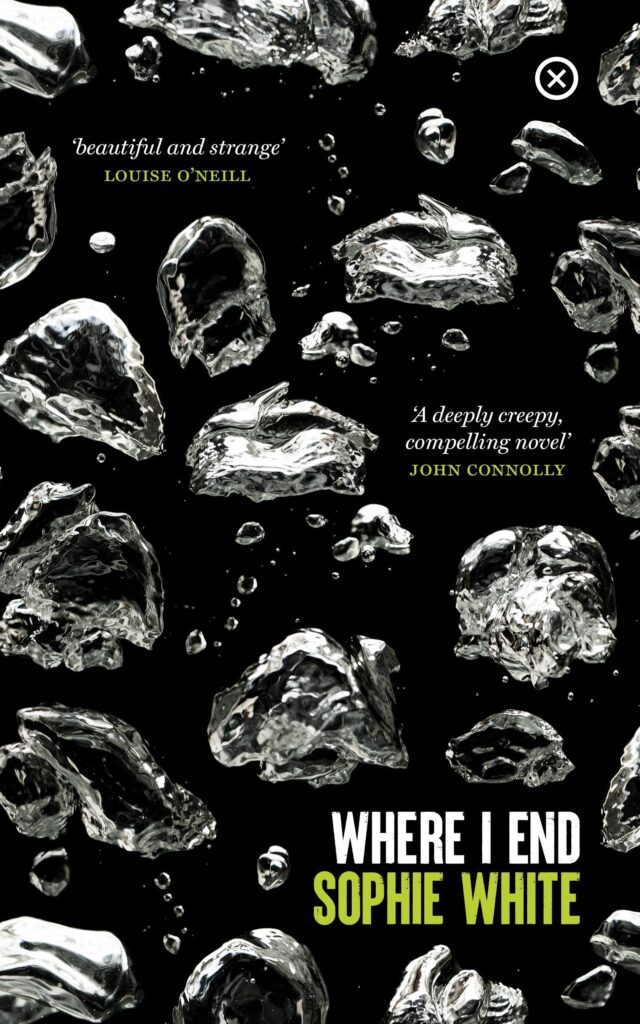
What is one key piece of advice you wish you’d received before you became a published author?
“Keep the faith because I think it’s pretty normal to experience a lot of knock backs and rejection. And then the other piece of advice I got from Lisa Coen at Tramp Press is that action comes before motivation. So, if you are stuck or struggling to start, just make a start. Set a timer for 20 minutes and say I’ll work for this amount of time no matter how much I don’t want to and most of the time, after the 20 minutes is up, you’ll be into it and want to continue.”
What type of books do you like to read in your spare time?
“I read everything and anything. I love all genres though I’d probably read historical fiction the least. Right now I am reading a brilliant sci-fi called Seveneves by Neal Stephanson. I love Stephan King. I love Maggie O’Farrell and Meg Wolitzer. I’m really looking forward to Kiley Reid’s new one as I adored Such a Fun Age. I think we’re spoiled because we’re living in a golden age of writing in Ireland and you could decide to read only Irish writers for the rest of your life and still never get to all the amazing authors working right now. I love Andrea Mara’s thrillers. I love the Aisling books by Sarah Breen and Emer McLysaght. Claire Kilroy’s new one, Soldier Sailor is fantastic. I loved Hawk Mountain by Conner Habib and Alice Kinsella’s memoir Milk. There’s really no end! I’m reading Mark O’Connell’s Thread of Violence right now as well as I’m always reading one fiction and one non fiction at any time.”
Is there one book that you read over and over again?
There’re lots of books that I’ve re-read, they’re like comfort reads. I adore Possession by AS Byatt and have come back to that a lot (which is funny because there is a historical fiction element to that). I’ve read the Interestings by Meg Wolitzer a few times and the Marriage Plot by Jeffrey Eugenides. And obviously I couldn’t even count the amount of times I have read and re-read Marian Keyes!
Sophie White will appear at the Dingle Literary Festival on 19 November where she and fellow author Claire Kilroy will be interviewed by Belinda McKeon. Visit dinglelit.ie for more information on this as well as other talks and events taking place over the weekend.

